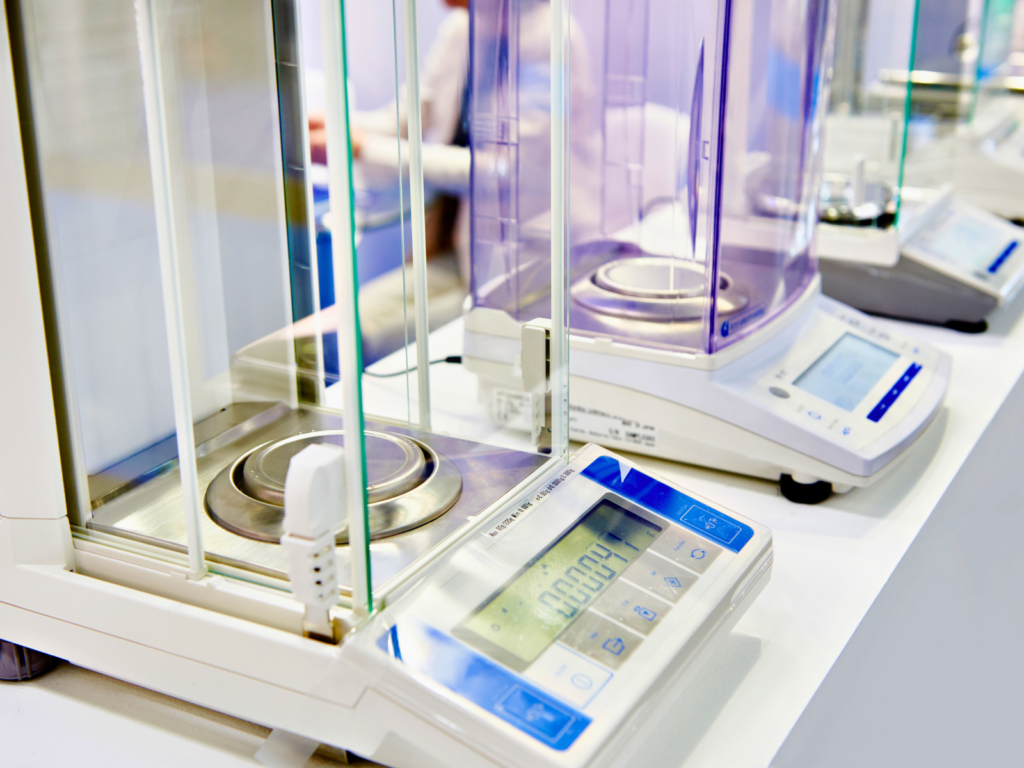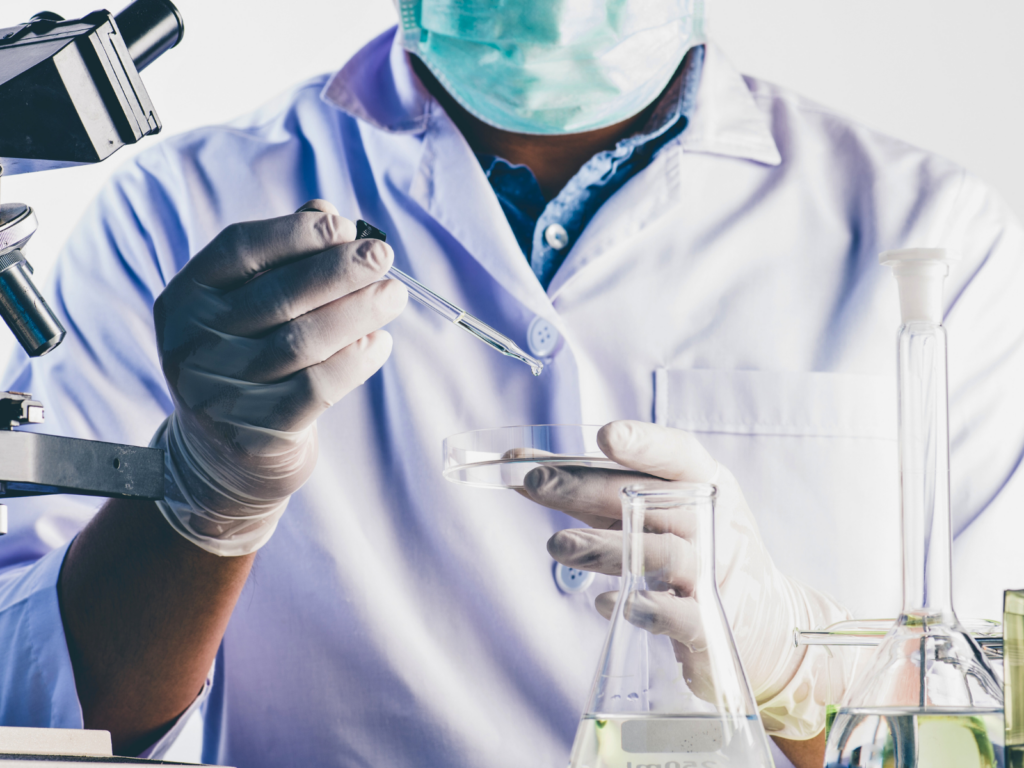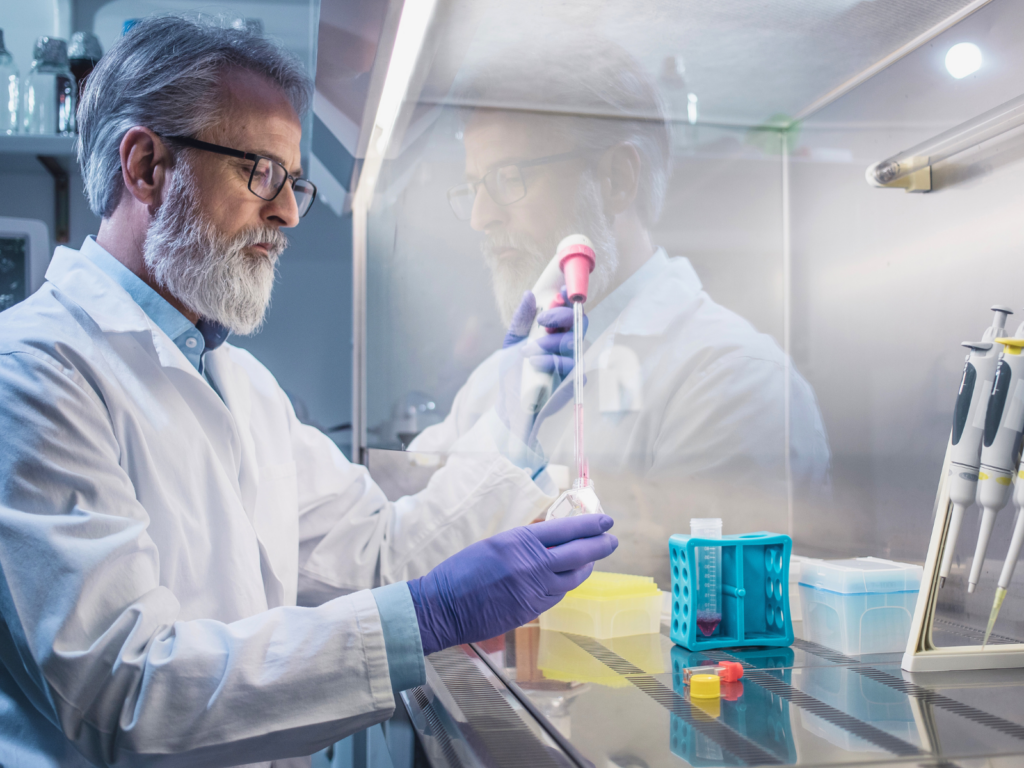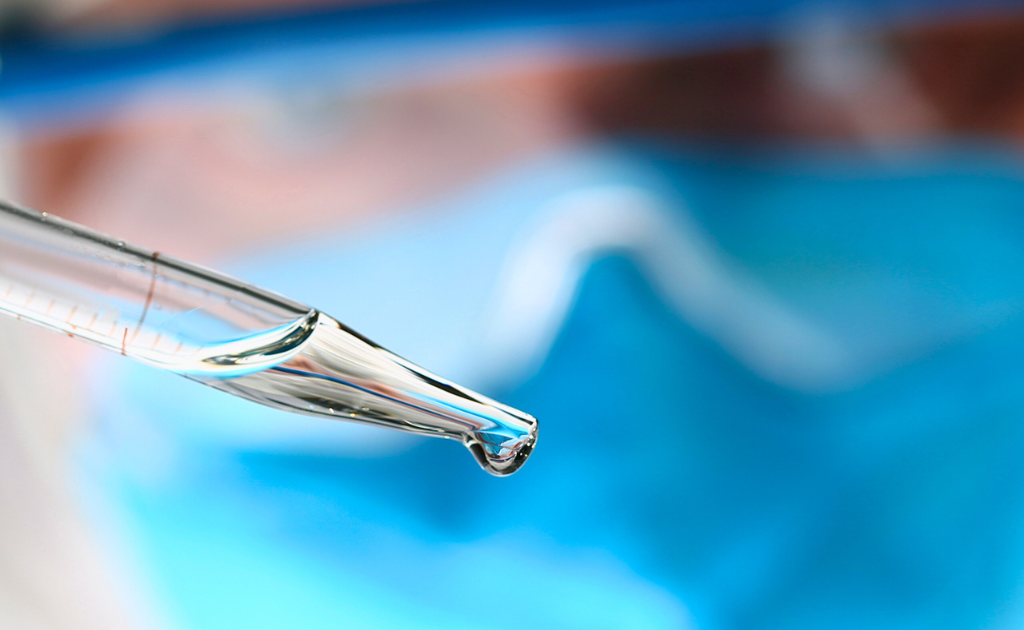In the aviation industry, accuracy is paramount to safety. The calibration of precision tools and measuring equipment used to certify an aircraft or its components is critical to ensure quality, aircraft performance, and above all, safety.
The aviation industry has unique accuracy and reliability specifications for its equipment set by the National Institute of Standards and Technology and the Federal Aviation Administration (FAA). These strict requirements call for a high level of confidence and integrity in the measurement data obtained from the equipment used to certify airplanes.
Although failure is costly in all industries, there is no denying that the aviation industry carries an additional responsibility in safeguarding the lives of passengers and crew members.
Additionally, equipment or component malfunctions on an aircraft can cost anywhere from tens of thousands to millions of dollars.
Advantages of Having an Effective Calibration Program
Effective calibration programs within the aviation industry are a critical necessity.
A well-formulated calibration program needs to include:
- Documented calibration processes
- Regulatory compliance
- Documentation control
- Record keeping
- A contingency plan that covers the risks of potential failures within the calibration system
With all these considerations in place, a number of advantages follow.
Calibration Helps Maintain Equipment Quality and Performance
Regular calibration ensures that equipment maintains its stated accuracy and reduces the item’s chances of being out-of-tolerance
Calibration is required for all new equipment as well those that have been repaired or modified. Additionally, equipment may require more frequent calibration depending on its use, environment, and when physical damage is notable.
Machinery that is out of tolerance increases safety concerns and increased downtime and creates unnecessary challenges for aircraft personnel.
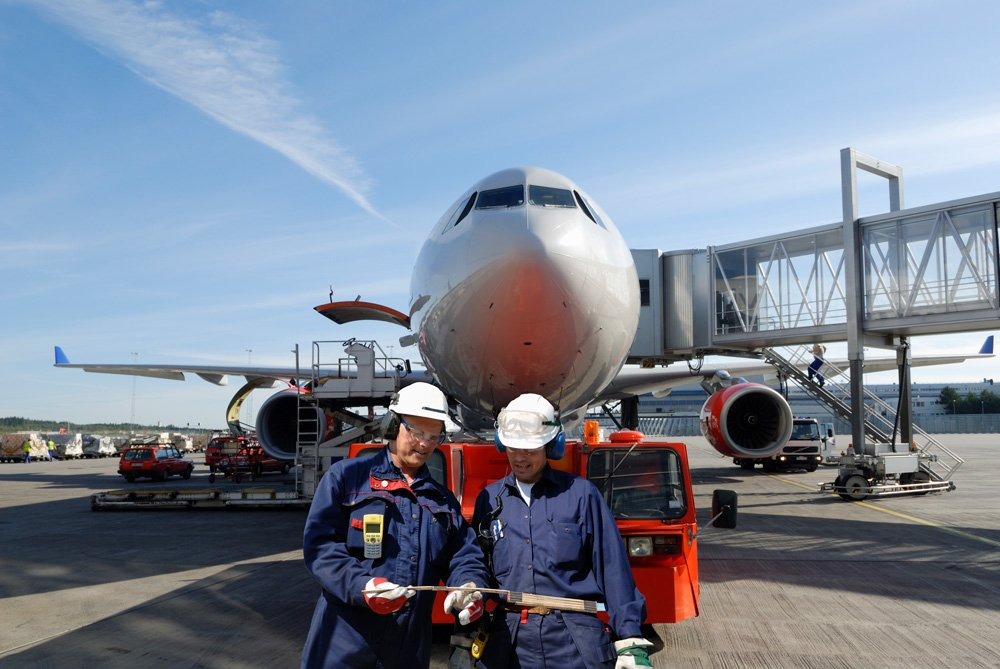
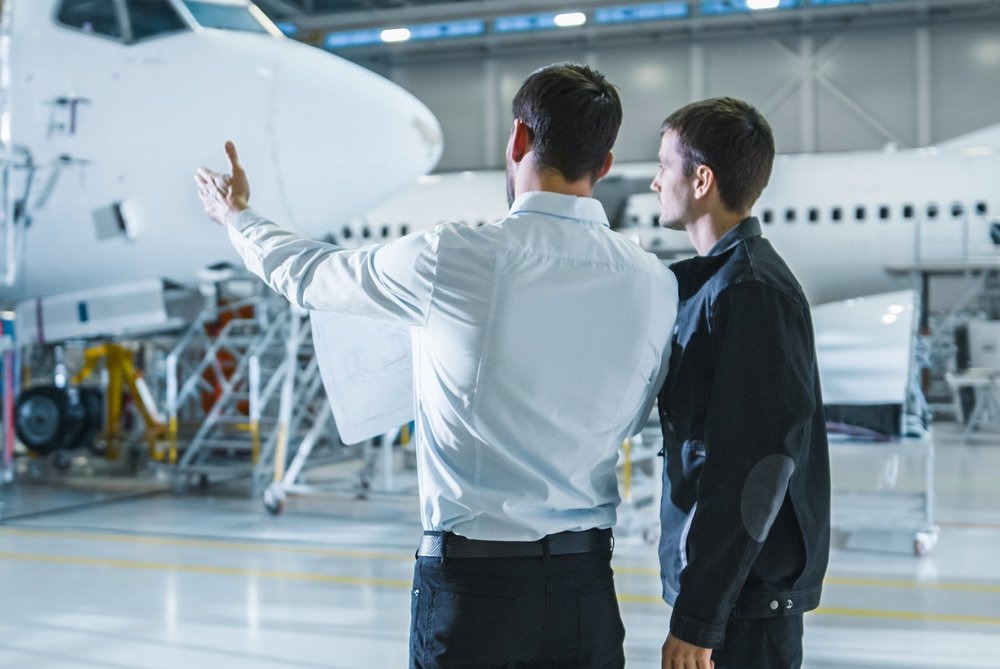
Measurement Traceability
It is essential to create a traceable link between national and international standards and a calibrated instrument’s measurement results of the device that is being calibrated.
To avoid losing confidence in device measurement results, it’s crucial to obtain Calibration Certificates from a reputable accredited laboratory that guarantees measurement traceability.
Documentation Compliance
The aviation industry is heavily regulated and understandably so. The FAA, for example, requires extensive documentation for every aspect of a calibration program.
The documentation covers the equipment that is undergoing calibration and the instruments used to perform the calibration and includes:
- Measurement results
- Calibration procedures
- Calibration Certificate
Calibration programs should record and maintain both current and historical data on previous calibrations.
Equipment Inventory Control
Comprehensive quality systems call for the tracking of all instruments that have an impact on performance. An effective calibration program tracks inventory of all testing, measurement, and control equipment in an organization to ensure compliance with all applicable standards.
Managing the equipment through this resource makes it easy to add new equipment, remove older equipment, and track any change in ownership or location.
Helps Ensure the Safety of Aircraft Passengers and Personnel
Ensuring the safety of passengers and crew members is the top priority when maintaining or operating a plane.
Regular calibration of the instruments that test critical aircraft systems, including the hydraulic, electrical, and avionics systems, is essential to safeguard human lives.
Our Services
At Allometrics, we’ve helped the aviation industry maintain compliance and improve their aircraft’s safety for more than forty years.
Some of our Calibration Services include:
- Weight Sets
- Calipers
- Torque Wrenches
- Scales
- Gauge blocks
- Spring Gauges
- Pressure Gauges
- Calipers
- Wrenches
- Rulers
- Weights
- Balances
- Squares
- Airflow anemometers
- Levelers
- Temperature
For more information on our capabilities or to schedule a calibration appointment, please contact us at (281) 609-7132. We are here to help!

